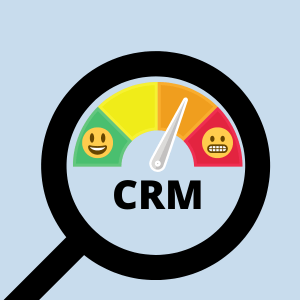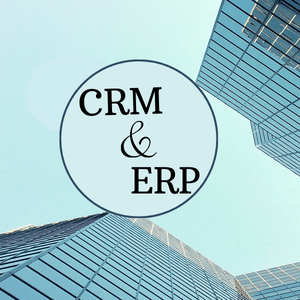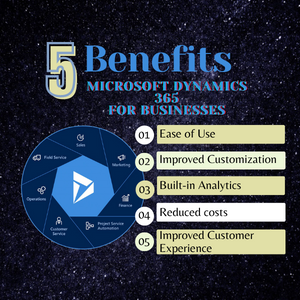Effective CRM systems offer businesses the opportunity to strengthen customer relationships and boost sales efficiency. However, achieving this success does not come without obstacles. In fact, according to a report, CRM projects failure rates range from 18% to 69% and CIO magazine reports nearly one-third of all CRM project efforts fail.
It is apparent that businesses need to understand the challenges of CRM implementation and how to integrate them effectively.
By recognizing and learning from past mistakes, businesses can significantly increase their chances of achieving a successful CRM implementation. In this blog, we will explore the common factors behind CRM implementation failure. We will also provide actionable guidance to help you navigate these challenges and unlock the full potential of your CRM system. Read on!
What is CRM?
CRM, or Customer Relations Management, is a system used to collect and organize relevant data from customer interaction to monitor customer behavior, build lasting impressions, and ultimately boost sales.
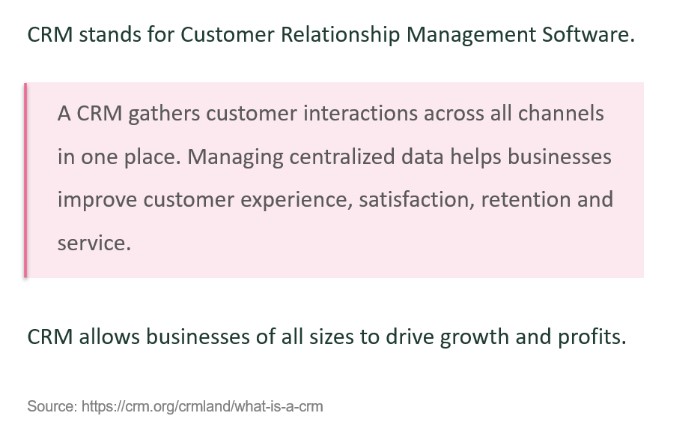
CRM Implementation Failure Rate
Regardless of its many benefits, CRM failure rates are still surprisingly rising. According to CIO magazine, one out of three CRM efforts failed!
These staggering numbers could make you wonder what the common causes could be.
Let’s see some of these CRM failure examples.
1. Lengthy system adoption
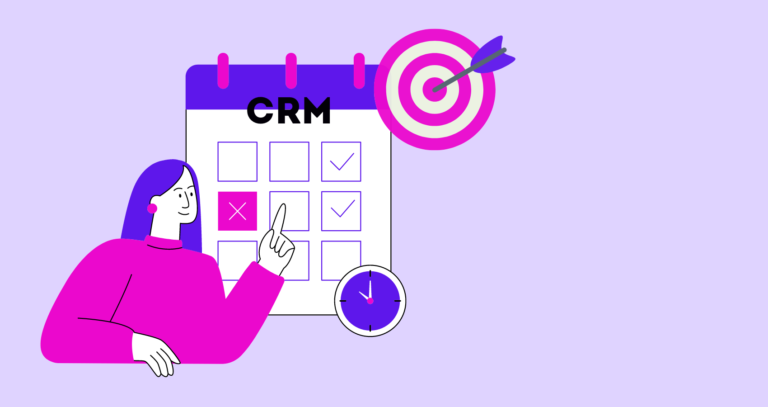
When you integrate CRM into business workflows, employees may need some time to adopt the new methods. However, it can become a challenge if the adoption time takes too long since the system can only retrieve data when it is actually used. So, a prolonged delay will mean less user data for informed decision-making.
How to prevent it
Ensure that your users are involved in the process from the start to avoid this CRM failure example. Listen to their challenges, identify workflow areas to simplify, and encourage them to participate in the product testing stage. That way, they will be more interested and excited to try the new process. You can also make the learning and adoption stages fun with incentives like bonus points or gift cards.
2. Undefined CRM goals

CRM tools often come with several features, and without clear goals, these options may seem like CRM disadvantages. You may end up with lots of features you don’t need and lose relevant data to measure your growth, especially if you are new to automation.
How to prevent it
Set clear and quantifiable goals. Answer these questions to gain more insight:
- Which obstacles is my business encountering?
- How can the CRM system help me overcome these challenges?
Remember that the answers to these questions will not stay the same as your business grows, so stay flexible and adjust your CRM to meet your evolving needs.
3. Friction in team collaboration

The importance of teamwork is emphasized when implementing CRM. Most times, independent teams may rely on the output of other related teams to build working strategies. So when there is a gap in the transfer of information, it will compromise the CRM’s success.
How to prevent it
Though teams like marketing and sales have unique job descriptions, they share a common goal of improving lead generation and revenue. While marketing acts as the launch pad of a sales plan, identifying leads, the sales team converts these leads to grow revenue.
To aid with this, the Zoho CRM tool conveniently displays prospects data on a general interface so that both teams can effectively collaborate on strategies to generate more leads and acquire customers.
4. Irrelevant or wrong data

While data is the foundation of a Customer Relationship Management’s success, it should be correct, updated, and relevant to avoid CRM failures. The wrong information will cause misguided efforts for unproductive projects, like sending the wrong messages to prospects at different stages in the funnel.
How to prevent it
With CRM tools, your business’s growth is heavily dependent on the accuracy of the information you collect. Make sure that the prospect and customer data is updated regularly with the proper methods.
Also, double-check that the data source you move to your CRM is the most recent. That way, your software kicks off with the revised customer information.
5. Untrained CRM staff

Unfortunately, this is one of the standard implementation issues. You should train your employees to use the new system effectively and understand its benefits.
An inexperienced team member may likely drop the CRM tool at the slightest inconvenience, which means some data loss. Plus, the extra time they take to figure out a feature will ultimately defeat the automation benefits of the software.
How to prevent it
Start by implementing simple CRMs, especially if you are new. Focus on features that solve your core challenges and are easy to teach and use. With this, the users will adapt to the system easier and start maximizing its automation perks.
6. Unreliable vendors

Unreliable CRM vendors will leave you frustrated! So when you finally want to go the automated way and get in business with vendors, they stop taking or returning your calls or messages.
This is one of the biggest challenges of CRM because the relevant parts of your business could face extended downtimes you can’t fix. Here are some characteristics of a bad and good vendor to help you make an informed decision.
Characteristics of a Bad Vendor
- Lack of expertise: A bad vendor may lack the required expertise in the domain you operate. This may result in a CRM solution that does not meet your business needs.
- Poor track record: A bad vendor may have a history of failed implementations. You should be wary of such vendors and avoid them.
- Rigid approach: They may not be willing to adapt to your business requirements and provide customized solutions.
- Poor communication: They may not keep you informed at every step of the process and may not address your concerns.
- Lack of support: A bad vendor may not provide adequate support after the implementation is complete. They may not be available to help you with any issues that may arise.
Characteristics of a Good Vendor
They should have a proven track record of successful implementation and a team of experts who can help you throughout the process. Here are some characteristics of a good vendor:
- Expertise: A good vendor should have expertise in the domain you operate. They should have a thorough understanding of your business processes and challenges. This will help them to customize the CRM solution according to your needs.
- Proven track record: Before selecting a vendor, you should check their track record. They should have a history of successful implementations, and you should be able to find references to their work.
- Flexibility: A good vendor should be flexible in their approach. They should be able to adapt to your business requirements and provide customized solutions.
- Communication: They should keep you informed at every step of the process and address any concerns you may have.
- Support: A good vendor should provide support even after the implementation is complete. They should be available to help you with any issues that may arise.
How to prevent it
Research your vendor before you get into business — schedule meetings to discuss their expertise in your niche and your unique needs and expectations. Then select the ideal vendor for your business with outstanding performance and results.
Over to you
Customers are the bedrock of your business, so avoiding these mistakes when implementing CRM will foster excellent customer relationships, identify and simplify repetitive tasks, make better-informed decisions, and increase revenue.
The good news is Zoho CRM implementation partners are 100% dedicated to simplifying your sales and marketing strategies to increase lead generation and conversion.
We will work with you through the entire CRM process, from consultation to onboarding, migration, and automation. We can also customize the tool to meet your specific needs or capture detailed data to get work done faster and more effectively.
Unleash the power of teamwork by meeting our dynamic and skilled team!
Dive into our case studies that will leave you inspired and craving more.
